April 10, 2023
The Tortoise & The Hare – What a fable can teach us about youth physical development
Some practitioners and sports coaches can occasionally get youth physical development wrong.
We have all heard the fable of the tortoise and the hare in which the moral of the story is;
“Slow and steady wins the race!”
Youth physical development is a long, steady process. As teachers and parents, sometimes we are quick to rush individuals in their progress as soon as they show signs of success. In reality, however, we must nurture both the tortoises (who are slow off the mark) and the hares (who show early progress) to foster their journey to a successful future.
There is a wealth of research on team selection bias, linked to the Relative Age Effect (RAE), in which those born earlier in the academic year often have an advantage over those born later in the year due to more developed cognitive and physical qualities. The same bias applies to those who grow & mature physically earlier than their peers.
As teachers, we are always seeking to provide opportunities for all pupils to develop, regardless of ability. Being aware of where the individuals you work with are in their maturation helps inform in planning how to support each individual relevant to their current phase of growth.
The Hares; early maturing individuals will demonstrate superior physical qualities over their peers and will often rely on these physical qualities while participating in sports. When looking at the holistic development of youths in their formative years, we, as teachers and parents, must ensure they are additionally learning all four aspects of player development; physical, psychological, technical and tactical.
We must always provide accurate and timely instruction to an early maturing individual, which allows for holistic development, ensuring they cultivate their technical and tactical abilities without over-reliance on their physical qualities.
The Tortoises; while the physical aspect of their skill set may be yet to develop, these individuals often have to rely on their tactical, technical & psychological skills to outwit their opponents to keep up with their physically advanced peers.
The reliance on tactical and technical skills to succeed often aids the late-maturing individuals. Once they grow, they could arguably become more rounded athletes than those who mature earlier.
As teachers, we aim to enable those we work with (tortoises and hares) to achieve their full potential. To do this, we ensure we are aware of what development stage those we are working with are in and then provide suitable opportunities to make meaningful progress.
Nurture those hares that show progress early and do not write off tortoises too soon, as those could be our stars for the future!
T. Asbury
Assistant Head – Director of Sport
